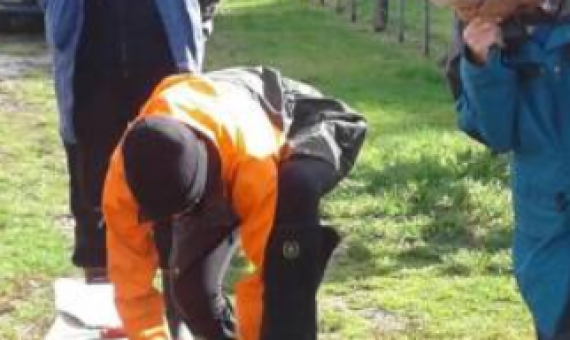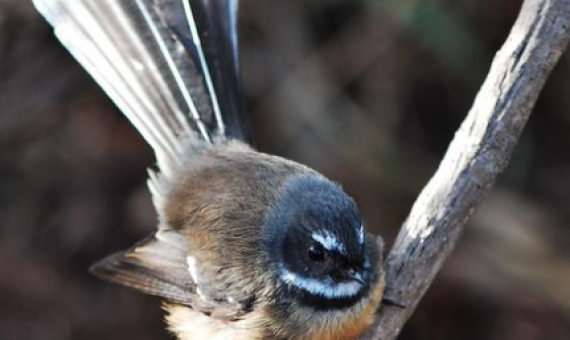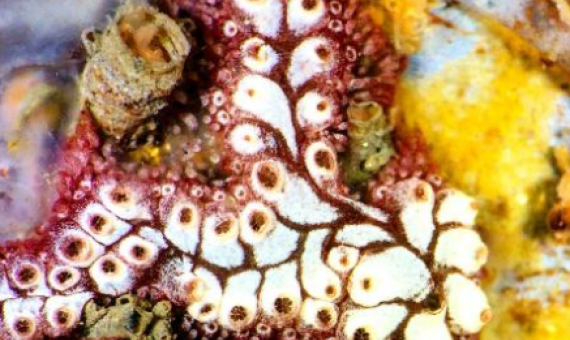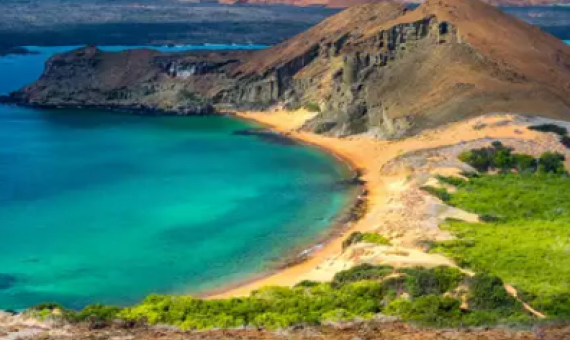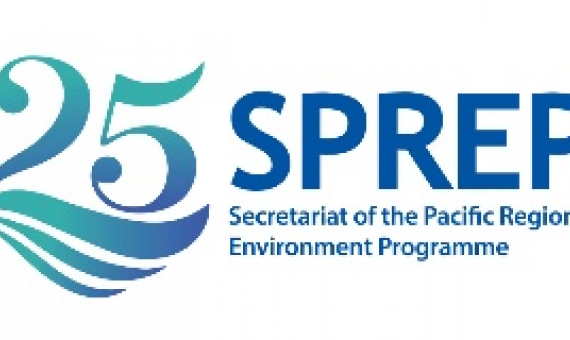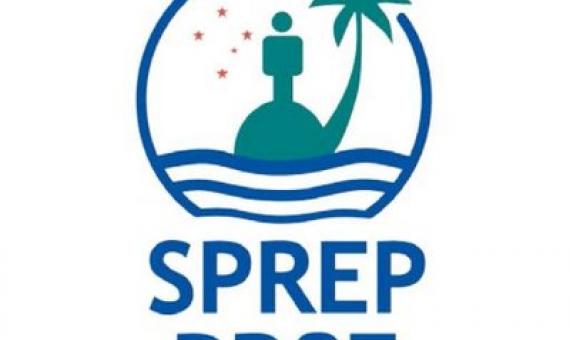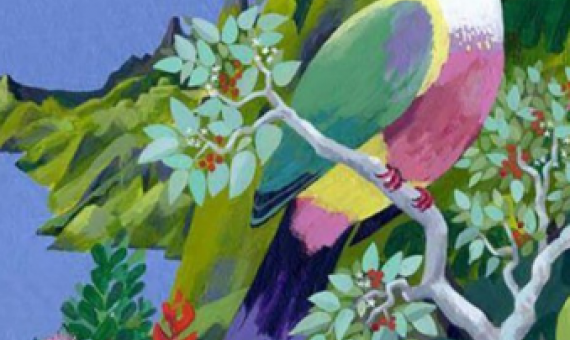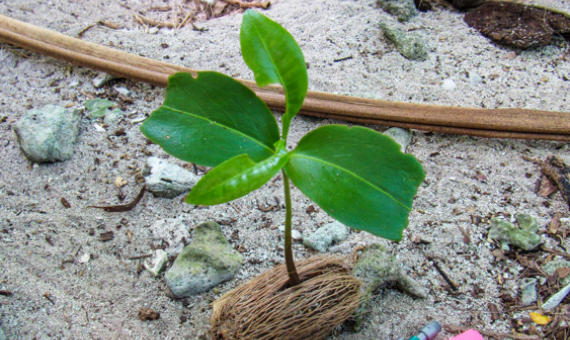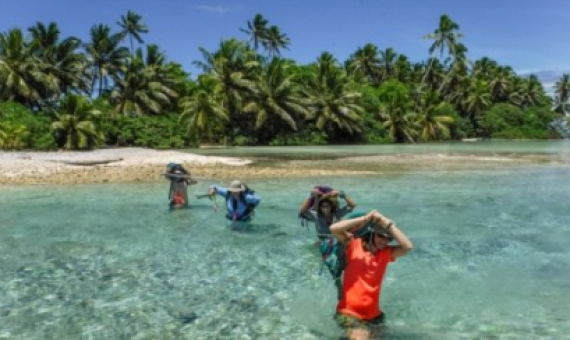The online toolkit is a one-stop shop to give people the tools and guidance to start trapping, or to increase the effectiveness of their trapping efforts. Click on the link below to read the full article.
There has been a huge change in the native forest bird community in Wellington’s Zealandia sanctuary in the past two decades. Click on the link below to read the full article.
Native species have been decimated, scientist says. Click on the link below to read the full article.
Crustaceans and mollusks foreign to the United States have survived up to six years riding on ocean trash. Click on the link below to read the full article.
From the Galápagos Islands to New Zealand, organisations are fighting to save at-risk wildlife from predators. Click on the link below to read the full article.
SPREP invites applications from interested and suitable qualified persons for the following vacancies -
ISLAND AND OCEAN ECOSYSTEMS:
SPREP Invites Applications From Interested And Suitable Qualified Persons For The Following Vacancy:
ISLAND AND OCEAN ECOSYSTEMS
- Invasive Species Adviser (ISA) – in light of the 6-year rule
Every year, proceeds from the British Birdwatching Fair go towards a conservation project, chosen and managed by BirdLife. We look back at the successes of the past 30 years. Click on the link below to read the full article.
Plant numbers have surged in a group of islands in the Pacific Ocean following the eradication of invasive rats. Click on the link below to read the full article.
New research demonstrates strong positive benefit to native trees following invasive species removal. Click on the link below to access the full article.

